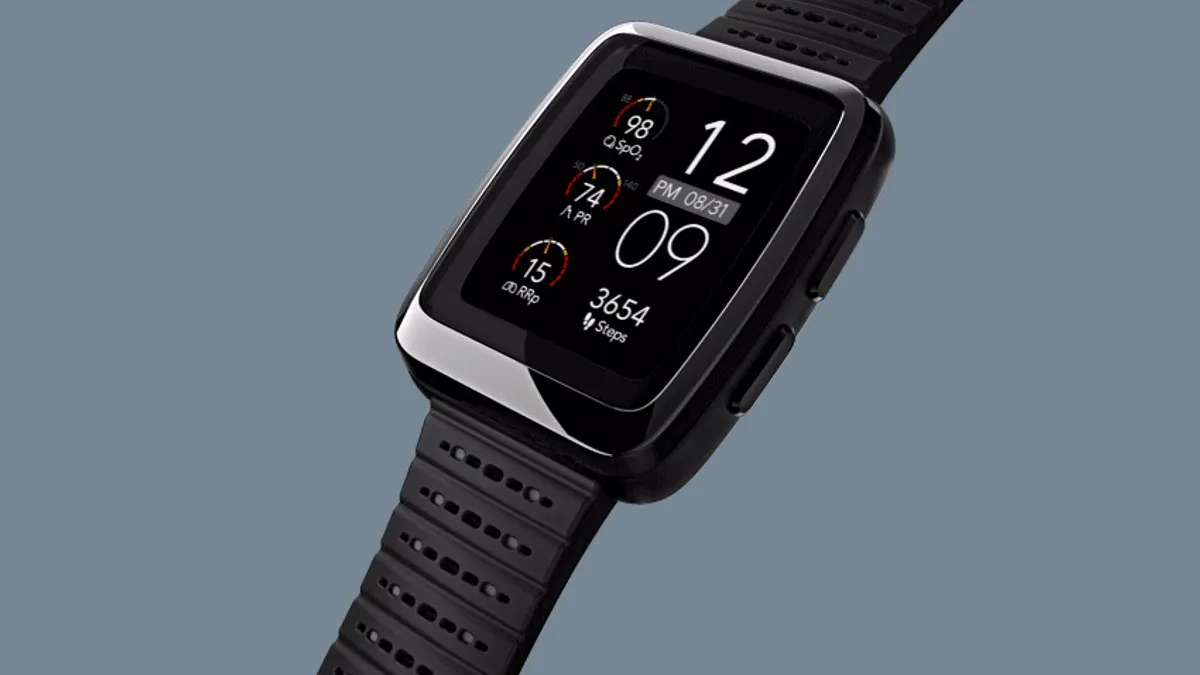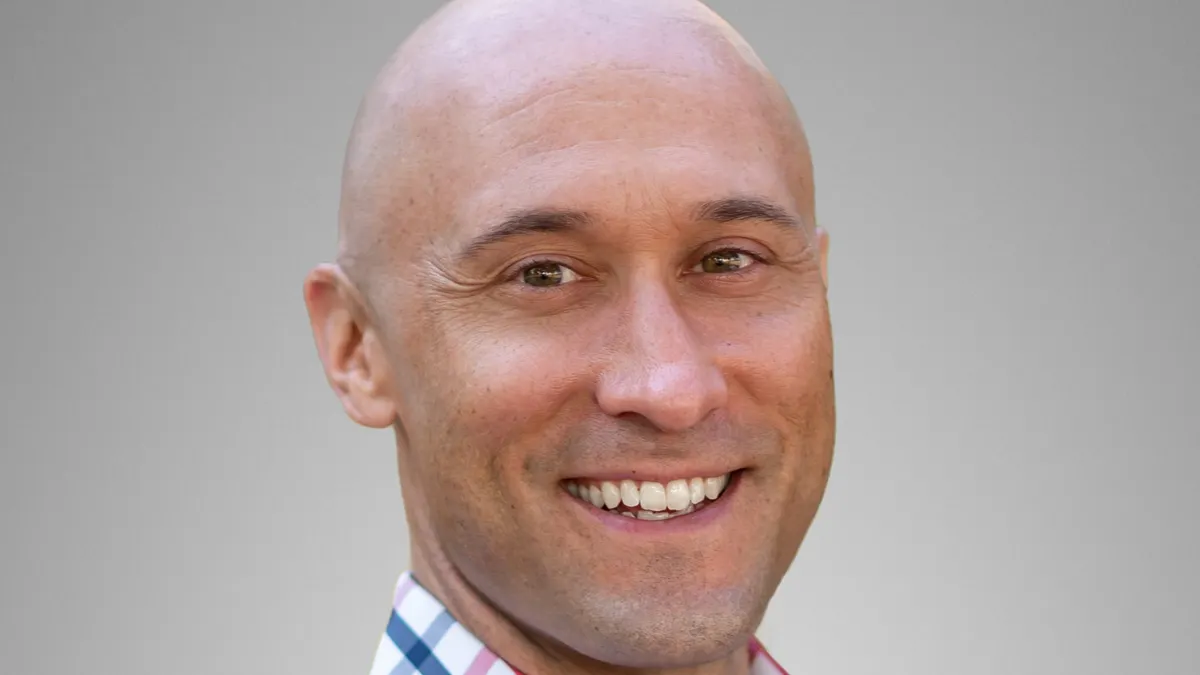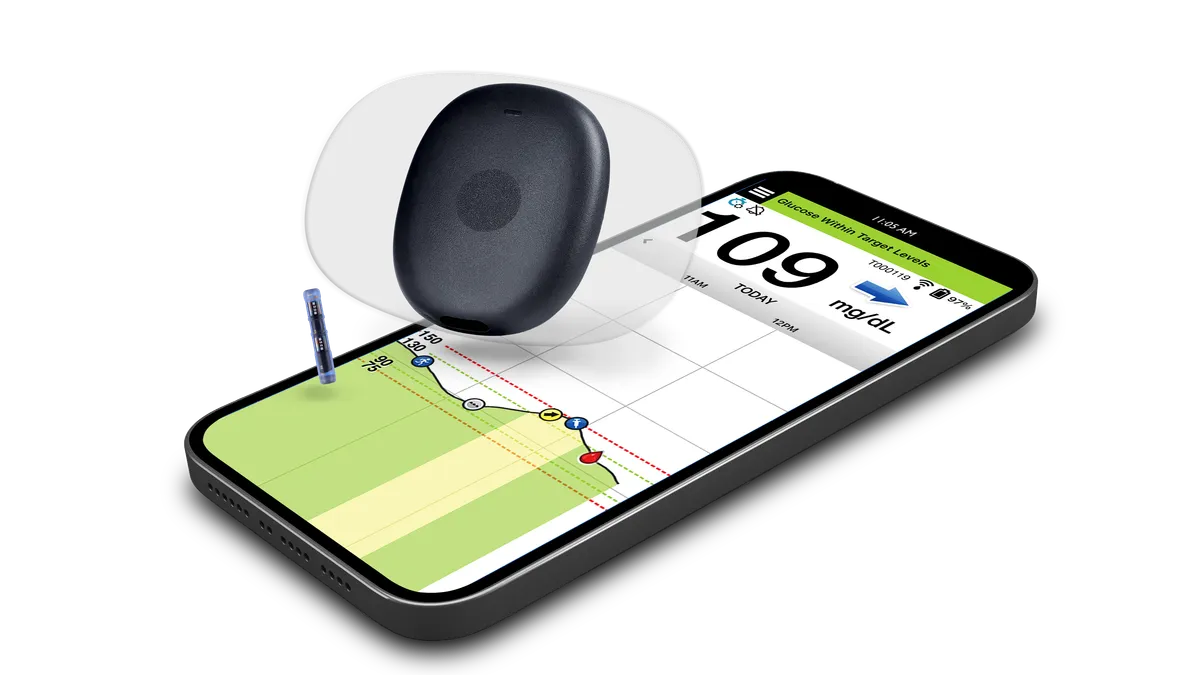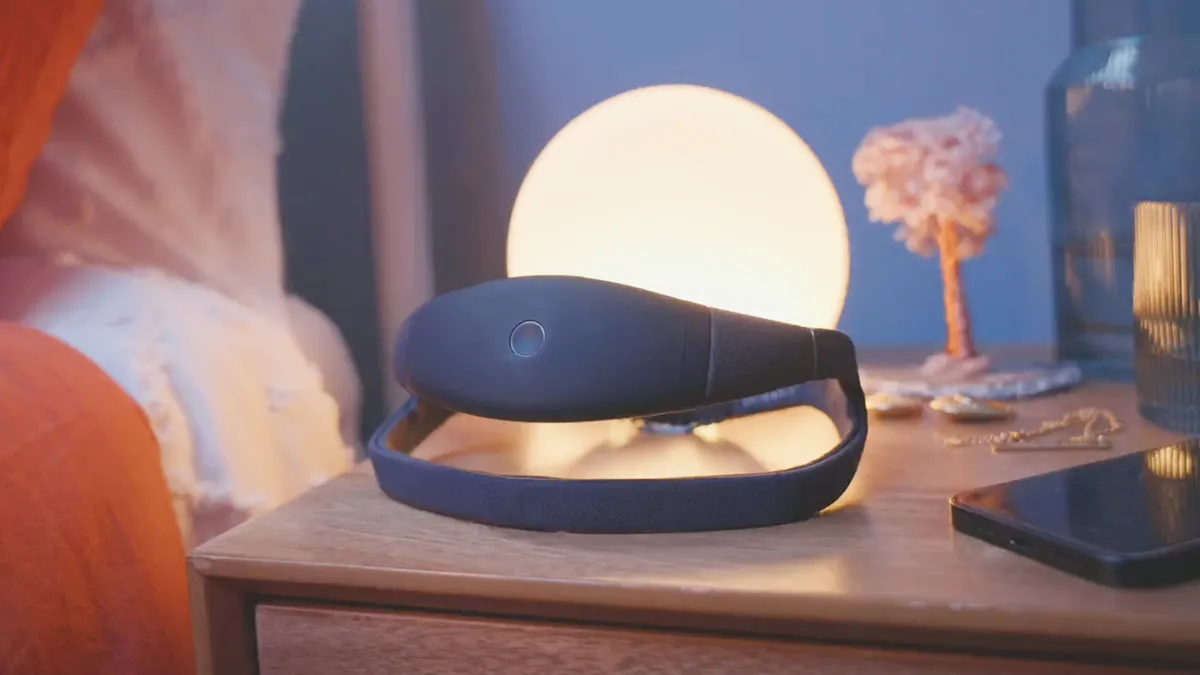Apple’s move into personal health monitoring through its wearable devices has sparked a wave of legal activity. The addition of cardiac monitoring capabilities to the Apple Watch led AliveCor to sue the company in 2020, setting in motion a set of cases that have seen the International Trade Commission lay the groundwork for a ban on imports of the wearable and the U.S. Patent Trial and Appeal Board (PTAB) rule against AliveCor.
In parallel, pulse oximetry specialist Masimo has taken Apple to court over other Watch features. The dispute began in 2020 when Masimo filed a trade-secret lawsuit against Apple. Masimo alleges that Apple, working through Masimo’s former employees, misappropriated its trade secrets. Last month, a court ruled in favor of Masimo in an unlawful theft case it filed against an employee that left for Apple.
Masimo’s Apple trade secret lawsuit is scheduled to come to trial in March. Masimo followed up with a trade commission complaint last year. The trade decision, which is due early next year, could ban the import of Apple Watches that include technology Masimo says is its own.
AliveCor’s patent battle against Apple could reach a critical point next week when a U.S. International Trade Commission judge is set to rule in a case that may determine whether Apple watches using what AliveCor claims is its technology will face an import ban.
World’s largest company
“The world’s largest company should not be allowed to escape legal accountability for its pattern of unlawful behavior against smaller competitors,” a spokesperson for the medtech company said. Apple, with projected revenue of $400 billion in 2022, is one of the leading companies in the consumer wearables market, and has been eagerly adding medically related functionality to its smartwatch, including the ability to detect atrial fibrillation and Parkinson’s Disease.
Apple and AliveCor have been embroiled in a legal skirmish since 2021, with AliveCor alleging that Apple violated its patents for a wearable system to detect arrhythmias. Apple recently filed its own patent lawsuit against the company, writing in a complaint that it wanted to “set the record straight” as to who invented the technology.
The AliveCor ITC decision was originally slated for Monday, but was postponed to Dec. 20. Apple filed an emergency motion with the ITC after the PTAB found that 30 of AliveCor’s claims were unpatentable.
Attacked by Masimo from multiple angles, Apple counterpunched in October by filing two lawsuits against the Irvine, California-based medical monitoring and device firm, which moved into the consumer health tracking wearable space earlier this year with the launch of its W1 watch and health tracking device. The lawsuits said that “rather than innovating and developing a product independently, Masimo copied Apple while filing lawsuits to try to prevent sales of Apple Watch.”
Masimo’s counterclaims
Now, Masimo has responded with a broad set of counterclaims that accuse Apple of breaking laws on monopolies, false advertising and deceptive trade practices while infringing its patents.
“Masimo has alleged that Apple infringed Masimo’s patents, violated federal competition laws and also falsely advertised to consumers key features of the Apple Watch,” said a Masimo spokesperson. Apple representatives did not respond to requests for comment by press time.
In its monopolization counterclaim, Masimo accuses Apple of violating federal antitrust laws by asserting patents that it obtained through fraud against the U.S. Patent and Trademark Office, and by leveraging its power over iOS app distribution to exclude or delay apps to harm Masimo and others in the health watch market. According to Masimo, Apple is trying to exclude competitors, eliminate consumer choice and flood the market with technologically inferior devices.
Masimo’s false advertising accusations center on the claim that Apple is misleading customers into buying and relying on the Apple Watch for health monitoring even though its features are deficient if used for such purposes.
Apple has taken a victory lap in the AliveCor case, applauding the PTAB decision, saying its health, wellness and safety features were independently developed and incorporated into the Apple Watch.
AliveCor will appeal
AliveCor’s chief strategy officer, Sanjay Voleti, said the patent ruling was wrong. “We're deeply disappointed and we strongly disagree with the decision by the PTAB, and we will be appealing it,” Voleti said in an interview.
Voleti said he remains “cautiously optimistic” the ITC will rule in AliveCor’s favor based on an initial determination in June that found Apple infringed two of AliveCor’s patents. “The PTAB and the ITC are two separate independent bodies. They make their decisions independently,” he added.
For its part, Apple said in a statement on Dec. 9, “we appreciate the Patent Trial and Appeal Board's careful consideration of these patents, which were found to be invalid. Apple’s teams work tirelessly to create products and services that empower users, including the industry-leading health, wellness and safety features we independently developed and incorporated into Apple Watch. Today’s decision confirms that the patents AliveCor asserted in the ITC against Apple are invalid.”
Apple didn’t immediately respond to requests for comment on the Masimo case.
Mountain View, California-based AliveCor started by making products that attach to the back of a smartphone to detect abnormal heart rhythm and atrial fibrillation. In 2017, it developed the KardiaBand, an ECG wristband that could be used with the Apple Watch.
Two years later, AliveCor pulled the product from the market after Apple received FDA clearance for its own built-in ECG feature. Now, AliveCor makes small handheld devices that can pair with a smartphone, which it says can detect up to six different arrhythmias.
The company also has a separate, anti-competition case against Apple, after an update to WatchOS that prevents AliveCor and other developers from accessing information needed for the algorithm to function properly, Voleti said.
’Bullying’
“It seems like it’s driven by Apple seeking to create a walled garden that eliminates choice,” Voleti said. “This is basically anti-competitive bullying action, that’s what the core of the lawsuit is.”
AliveCor said the PTAB decision would not affect its ability to sell any of its current products. And even if it prevails in its case with the ITC, there are still other consumer companies that sell consumer-facing devices that can analyze ECG data. Voleti said the case isn’t just about patents.
“The key thing here is through Apple, we have an opportunity to actually reach a lot more customers and provide this great service and capability to a lot more folks with better AI and better performing products and services,” said Voleti. “What we're asking for is a level playing field where we can actually compete and bring things to a full set of folks that can benefit from them.”
Editor’s note: This story has been updated with information about Apple’s legal battle with AliveCor.





















